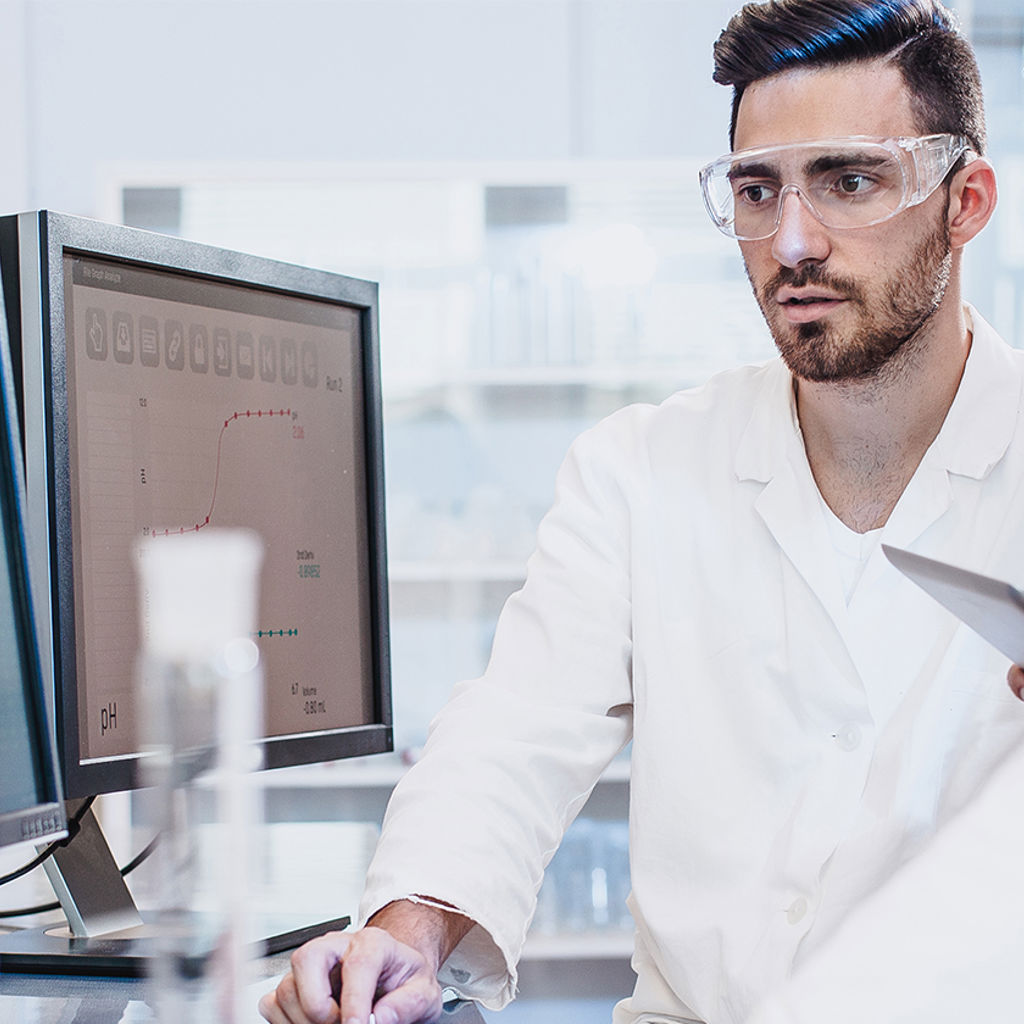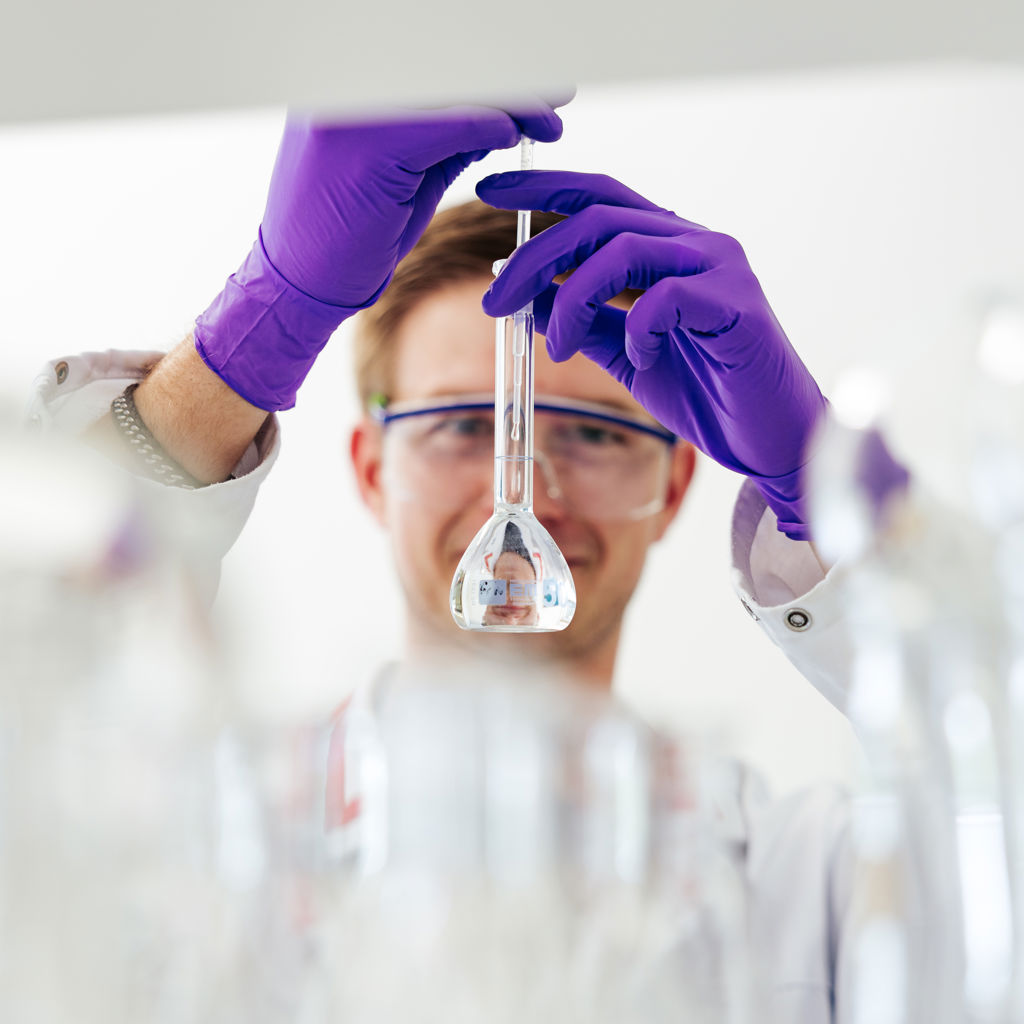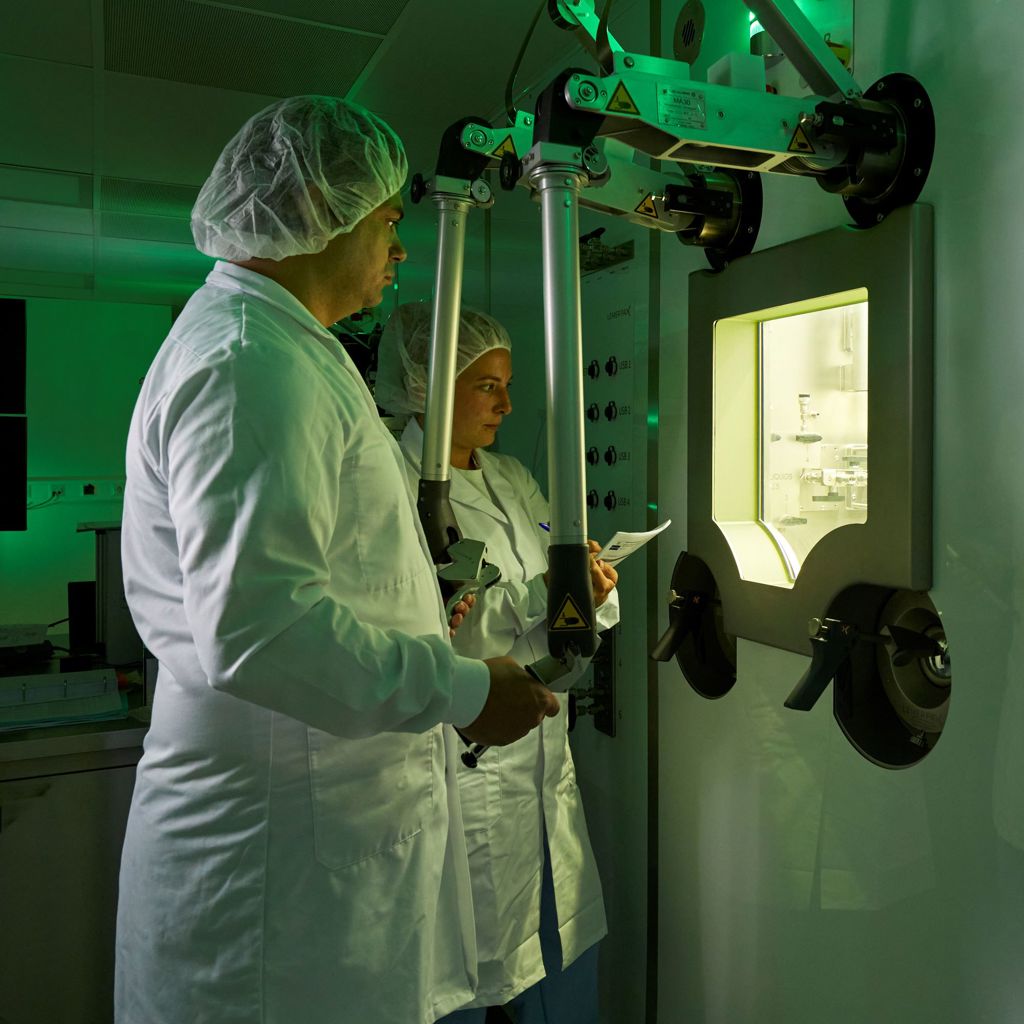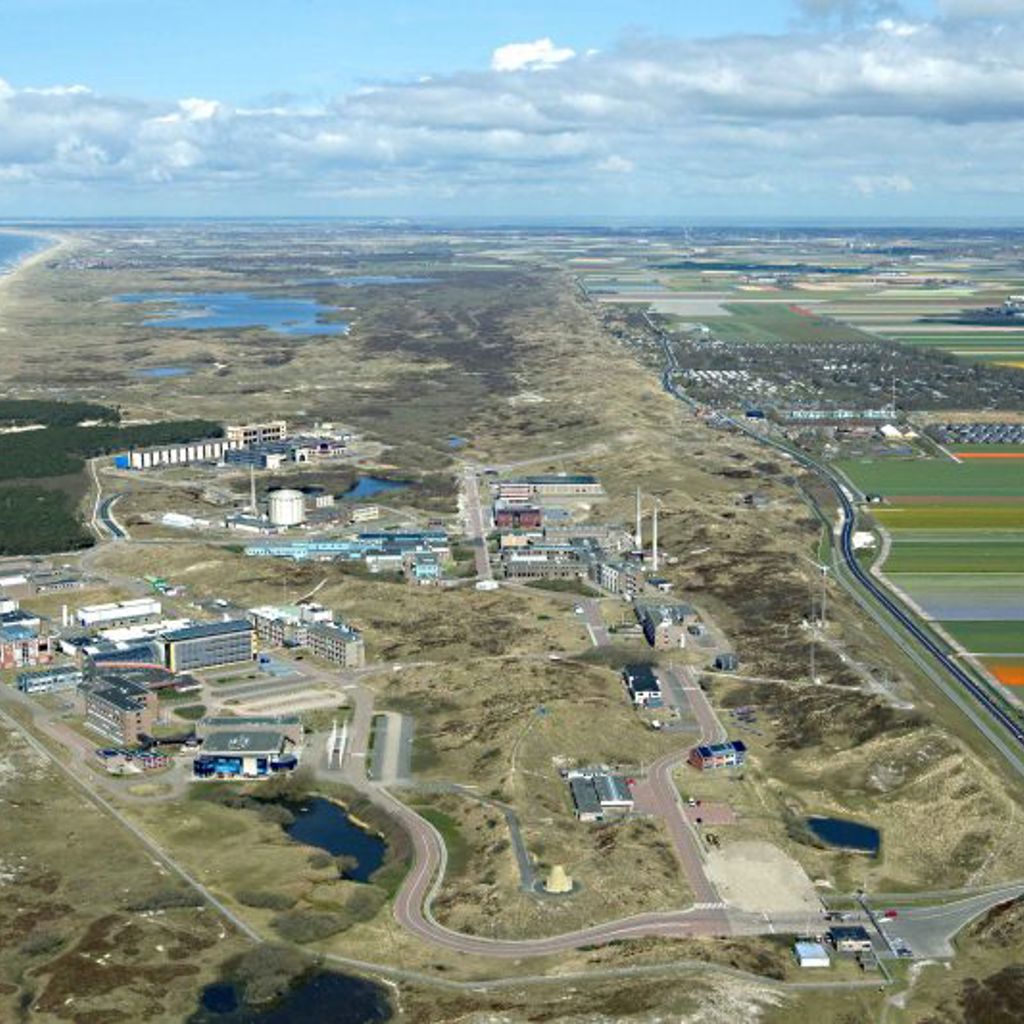Innovation with Partners
Collaboration is at the heart of everything we do. Together with our partners, from academic institutions and medical centres to industry leaders, we are driving forward innovation in nuclear medicine.

Joining forces
By joining forces, we combine scientific knowledge, clinical experience and technical know-how to accelerate the development of new solutions. This includes making important medical isotopes, such as lutetium and lead, more widely available for therapeutic use, as well as exploring new production methods.
These partnerships are essential, not only for advancing progress, but also for ensuring it moves in the right direction. The partnerships help align our innovations with the real-world needs of clinicians, researchers, and most importantly, patients. Through close collaboration, we are better equipped to translate research into practical applications and to deliver safe, effective treatments to those who need them most.
Working together makes the journey not only more effective, but also more meaningful.
Lu-177 chloride n.c.a.
One standout example of our collaborative innovation is the production of high-purity, no-carrier-added Lutetium‑177 chloride. This medical isotope is vital in targeted radiopharmaceutical therapies for several types of cancer. Lutetium‑177 chloride serves as a key building block for therapies such as Lutetium‑177‑PSMA, used in treating metastatic castration-resistant prostate cancer (mCRPC), delivering highly localised radiation while sparing surrounding healthy tissue. It is also central to peptide receptor radionuclide therapy (PRRT) for neuroendocrine tumours, following EMA and FDA approval of Lutetium‑177-dotatate, as well as in experimental treatments for clear cell renal cell carcinoma.
From the very beginning that nuclear medicine started looking into using lutetium for therapeutic purposes, NRG PALLAS has been involved as important irradiator of this isotope. In close collaboration with research institutes, hospitals and biotech partners, we supply small batches of Lutetium‑177 chloride suitable for clinical development.

Lead-212
Another promising collaboration involves the development of Lead‑212, a powerful alpha-emitting isotope with strong potential in targeted cancer therapies. With a half-life of around 11 hours and only a single alpha emission, Lead‑212 delivers potent, localised damage to tumour cells while minimising harm to surrounding healthy tissue, a balance that enhances both safety and effectiveness.
Together with partners we have established a reliable supply chain from raw material to purified isotope. Lead‑212 is produced via the decay of thorium‑228, followed by careful extraction and purification in specialised radiological labs and alpha-handling facilities in Petten. This method is aiming to progress from early R&D batches to scalable GMP-grade production in shielded hot cells, ready for clinical research.
In joint studies, such as those carried out with Erasmus MC, researchers have already shown promising results in evaluating Lead‑212-labelled compounds for the treatment of neuroendocrine tumours. These findings demonstrate both stable ligand binding and enhanced therapeutic effects, underscoring the isotope’s potential in targeted alpha therapy (TAT).
By combining expertise in nuclear chemistry, radiopharmacy and clinical science, our collaboration helps turn Lead‑212 into practical treatments, accelerating cancer therapy development and offering patients safer, more effective care.


Integral part of unique nuclear infrastructure
A well-developed nuclear infrastructure is essential for the production of radiopharmaceuticals. It provides the foundation for the safe handling and manufacturing of radioactive materials. To ensure these materials meet the highest safety and quality standards for patient use, production takes place in facilities that comply with Good Manufacturing Practice (GMP) guidelines. These specialised environments are highly complex, scarce, and costly to build and maintain. Our infrastructure comprises:
- A nuclear reactor and hot cell facilities (radioisotope production)
- Radiological labs and GMP alpha/beta processing facilities (radionuclide precursors)
- Labelling labs, recycling infrastructure, and waste management (sustainable supply chain)
- Comprehensive licensing and regulatory coverage (nuclear operations support)
- A dedicated transport team with certified containers and licenses, ensuring safe, compliant, and efficient cross-border logistics for sensitive, high-value goods